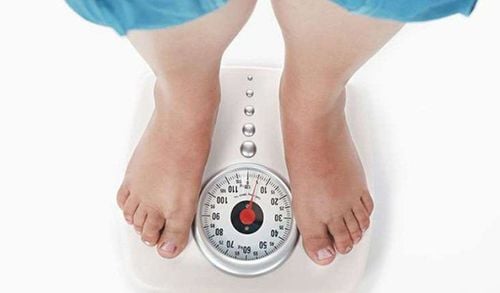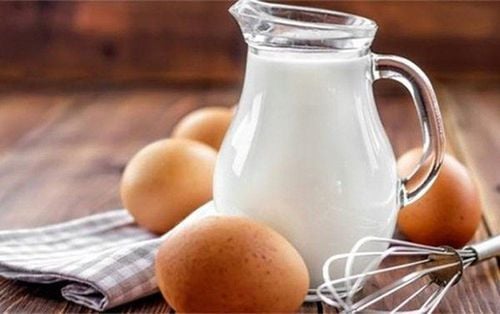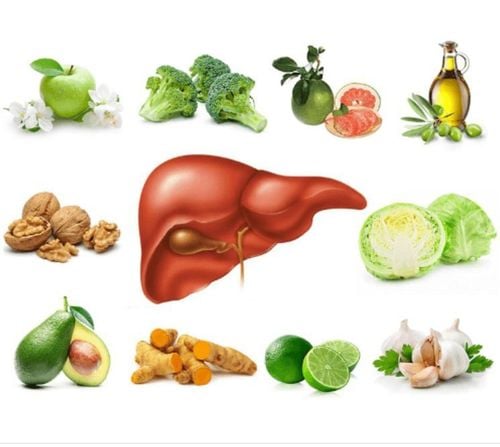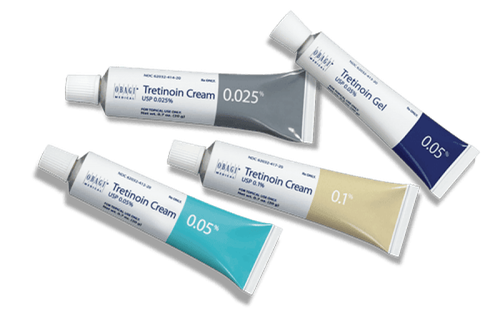Collagen is essentially a glue-like substance found throughout the body, including bones, skin, cartilage, nails, and more. So, does consuming collagen lead to weight gain, and which collagen supplements are beneficial for health?
1. What is Collagen?
To understand collagen, you should first understand your skin. Skin comprises three layers: the epidermis, dermis, and hypodermis (subcutaneous tissue). The top layer, called the epidermis, controls water loss from cells and tissues. Without this protective barrier, the body would quickly dehydrate.
Just below the epidermis is the dermis, which contains blood vessels, nerves, and hair follicles, but is primarily made of a protein called collagen. As the main component of the dermis, collagen acts as a supporting structure for the skin. The hypodermis is a layer of fat and connective tissue containing larger blood vessels and nerves. The hypodermis helps maintain body temperature and protects vital internal organs.
Collagen is a protein the body produces naturally. It makes up about one-third of the body's total protein and is essential for healthy joints. It also keeps skin elastic to reduce wrinkles. For this reason, collagen supplements are popular.
"Collagen" comes from the Greek word for glue. Its strong fibers act like an adhesive, holding things together in the body.
There are 16 different important collagen proteins in the body, but most are type I, II, or III. Type I builds skin, bones, tendons, and ligaments; type II helps form cartilage, the flexible tissue between bones and in your ears and nose; and type III helps create muscles and blood vessels.
As the body ages, it produces less collagen, and symptoms such as joint pain, stiff tendons, weakened muscles, and rough skin can appear. Taking collagen supplements may help alleviate these symptoms.
2. Does Consuming Collagen Cause Weight Gain?
One common question among collagen supplement users is whether it causes weight gain. After all, collagen is the most abundant protein in the human body, found in bones, hair, nails, and more. So, surely supplementing with more collagen will lead to weight gain?
However, the answer is no, collagen does not cause weight gain. The only way to gain weight is to consume more calories than you burn, and collagen is not high in calories. In fact, each serving of Absolute Collagen contains only 32 calories per 10ml serving.
Collagen acts like glue and keeps the body's metabolism healthy for burning fat. As we age, natural collagen levels start to deplete, manifesting in wrinkles, weight gain, and joint pain.

3. Does Collagen Help Build Muscle?
Collagen is a handy little protein that does a lot, but one of its key properties is its ability to build muscle. This can help prevent excess fat and weight gain.
In fact, collagen is an excellent post-workout booster. So, while collagen can't burn fat on its own, it plays a vital role in weight management by building lean muscle when combined with regular exercise and a healthy diet.
As the body's "glue," collagen contributes to maintaining healthy joints, keeping them pain-free to maintain good mobility and exercise levels. Joint pain can be a significant barrier that discourages exercise, leading to inactivity and potentially contributing to unwanted weight gain.
4. Collagen and Weight
Not only does collagen not cause weight gain, but it can actually support a healthy metabolism, which is part of a healthy weight loss journey. Collagen is a protein and has been scientifically proven to help people feel fuller for longer. Hydrolyzed collagen, in the form of gelatin, has been shown to stimulate the release of satiety hormones into the bloodstream and reduce appetite.
So, instead of causing weight gain, collagen supplementation has been shown to curb cravings, helping to reduce snacking and supporting healthy weight loss. Moreover, unlike some specific weight loss products, collagen does not contain fillers, binders, hormones, acids, harsh processing, or chemical sweeteners that can be harmful to the body.
Collagen is cholesterol-free. Fundamentally, it undergoes extensive filtration processes where the molecules are broken down, leaving only collagen peptides.

5. Does Collagen Help Reduce Cellulite?
Another aspect of collagen's benefits is its ability to help manage cellulite. This subcutaneous fat tissue is often seen around the thighs, and although a very normal characteristic of the body, many people wish to minimize its appearance and keep their skin looking as smooth as possible.
As part of a healthy weight loss process, collagen helps smooth the skin from the inside out and can reduce the appearance of cellulite. It can also potentially help tighten loose skin left behind after weight loss. This is because collagen contributes to thickening and regenerating the skin, so it works to reduce cellulite in a similar way to how it works to reduce wrinkles.
In fact, collagen has several benefits that can even help with weight loss. With only 32 calories per serving, Absolute Collagen contributes to a healthy metabolism, builds lean muscle, supports joints for increased mobility, helps you feel full longer, and can also help reduce the appearance of cellulite. These combined benefits support healthy weight loss and enhance overall well-being.
Not only good for the skin, collagen is also essential for hair, nails, and joints, playing a crucial role in body development. If you want to supplement with collagen, take the time to research which collagen is best and consult your doctor for advice and follow their instructions.
Please dial HOTLINE for more information or register for an appointment HERE. Download MyVinmec app to make appointments faster and to manage your bookings easily.
Reference source: absolutecollagen.com - webmd.com - webmd.com












